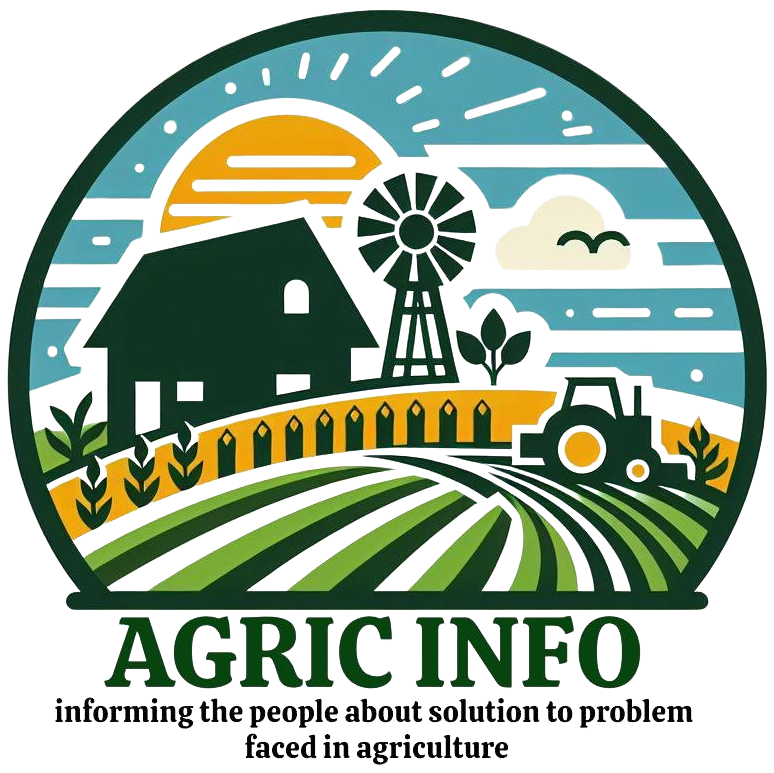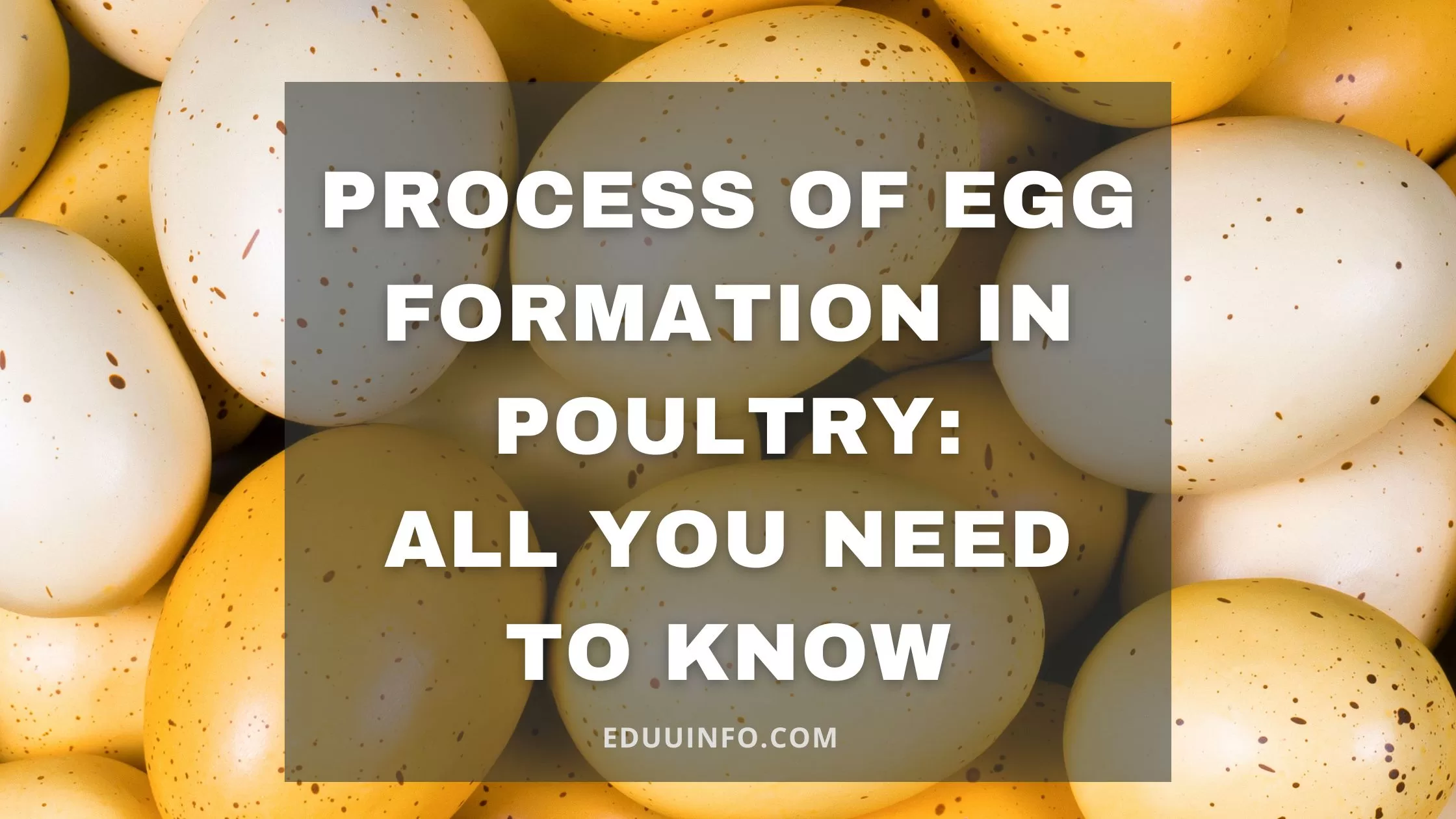Find out the 7 Important Process of Egg Formation in Poultry Here
Have you ever wondered how eggs are formed in chickens? Then you need to read this guide on the process of egg formation in poultry.
The process of egg formation in poultry involves several delicate steps.
In this article, we’ll discuss the mesmerizing journey of egg formation as well as every other thing you need to know about how eggs are formed.
What is the Process of Egg Formation in Poultry called?
The process of egg formation in poultry is scientifically known as oviposition.
It is a complex biological process that occurs within the reproductive system of female chickens.
Read How to Start Poultry Farm 2024: Step-by-Step Guide for Beginners
How are Eggs Formed in Chickens?
To understand the process of egg formation in poultry, let’s take a closer look at the step-by-step journey that an egg undergoes within a chicken’s body:
1. Ovarian Development:
The process begins with the development of the ovary, where small ova (egg cells) are produced and matured.
The ovary contains thousands of tiny follicles, each housing an immature ovum.
2. Ovulation:
During ovulation, a mature ovum is released from the ovary and travels into the oviduct, a long tube-like structure responsible for the formation of the egg.
3. Fertilization:
If the hen has mated with a rooster, the released ovum may be fertilized by sperm within the oviduct.
Fertilization typically occurs in the upper region of the oviduct.
Read also How to Start a Layer Poultry Farm
4. Albumen Formation:
As the fertilized ovum moves further down the oviduct, it enters the magnum section, where the albumen, or egg white, is secreted around the ovum.
The albumen provides a protective cushion and a source of nourishment for the developing embryo.
5. Shell Formation:
In the next section of the oviduct, called the isthmus, the egg receives its protective shell.
The shell is formed from a combination of calcium carbonate and other minerals, which are gradually deposited around the egg.
6. Pigmentation and Cuticle Formation:
Before the egg is laid, it passes through the shell gland or uterus.
Here, pigments are added to the shell, giving it its characteristic color.
Additionally, a protective cuticle is formed on the shell’s surface, helping to prevent microbial contamination.
7. Laying the Egg:
Finally, the fully formed egg is laid through the cloaca, the common opening for excretion and reproduction in birds.
The egg is then ready to get served on our breakfast tables!
Conclusion
The process of egg formation in poultry is an amazing journey of nature.
From the initial development of the ovum to the formation of the protective shell, each step contributes to the creation of a nutritious and versatile food source.
Next time you crack open an egg, take a moment to appreciate the incredible journey it underwent within the chicken’s body.
We hope this article has provided you with a deeper understanding of the process of egg formation in poultry.
Feel free to share your thoughts and questions in the comments section below.
Thank you for reading!
See also How To prevent Fowl pox In Poultry in Nigeria
FAQs
How long does it take for an egg to form in a chicken?
The entire process of egg formation, from ovulation to laying, usually takes around 24 to 26 hours.
Can a chicken lay an egg without mating?
Yes, chickens can lay eggs without mating. These eggs are not fertilized and will not develop into chicks.
How many eggs can a chicken lay in a day?
On average, a healthy chicken can lay one egg per day.
However, this can vary depending on factors such as breed, age, and environmental conditions.
Are all eggs laid by chickens safe to eat?
Yes, all eggs laid by chickens are safe to eat, whether they are fertilized or not.
However, it’s important to store and handle eggs properly to minimize the risk of contamination.
Do all chickens lay eggs?
No, not all chickens lay eggs. Only female chickens, known as hens, have the ability to lay eggs.
Roosters, or male chickens, do not lay eggs.

